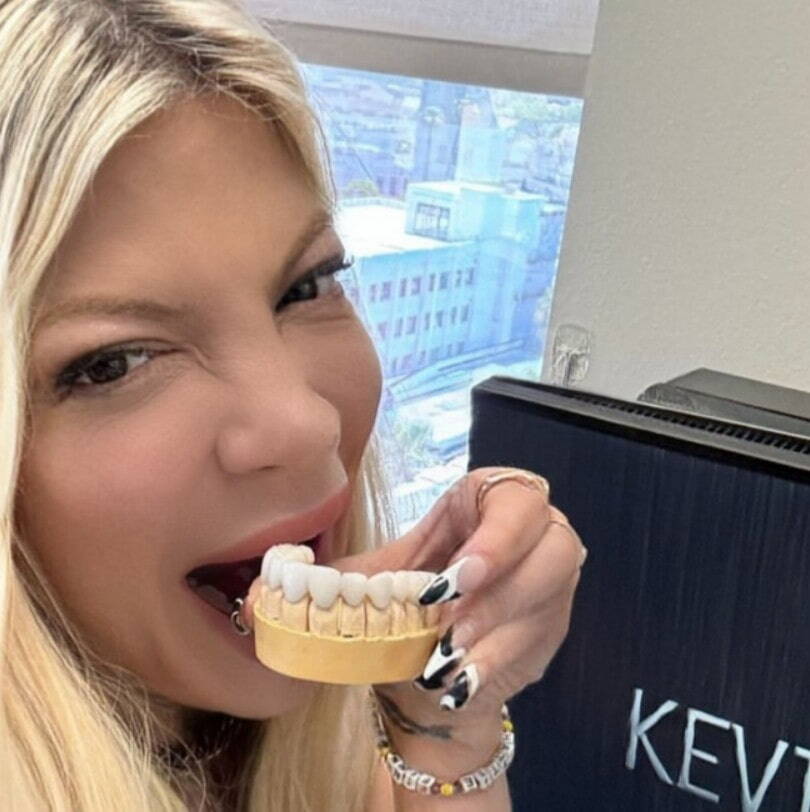☕ How Acidic Is Coffee for Teeth?

Coffee is the second most consumed beverage on the planet, and the main reason is the caffeine that puts additional value on its rich flavor and invigoration. Nevertheless, the advantages of consuming coffee, such as getting the energy you need and availing yourself of various health benefits, can be counteracted by its acid content, which also has the negative effect of tooth staining. This article will tell you briefly whether coffee is still good for teeth or not, and why it is so acidic.
🔬 Why Is Coffee Acidic?
Coffee in its real nature contains chlorogenic acids, and the latter is what makes it taste sour. The pH of coffee usually stays within the range of 4.5 to 6.0, which explains why coffee is considered to be only somewhat acidic. The creation of lighter or darker roasted coffee influences the acidity level directly. Furthermore, added artificial sweeteners and sugars make the drink even more harmful to teeth. These sugars are fermented by bacteria in the mouth, which helps to produce acids capable of etching enamel over time.
🦷 How Coffee Affects Your Teeth
Enamel Erosion
The presence of activated hydrogen ions in the coffee produces a reaction whereby minerals important for the preservation of enamel are destroyed; hence, the protective cover becomes thin and easily breaks. Coffees rich in acidic properties, particularly the likes of very sweetened coffees, frequently worn-out enamel that is more liable to be sensitive and cause other dental problems, are some of the common drawbacks of coffee.
Sore Teeth
As the enamel gets eroded, the teeth become vulnerable to external influences and thus, they might become susceptible to discomfort due to hot or cold foods, as well as chewing pressure. Every little sensitivity that occurs when exposed to high or low temperatures, sweet, or sour foods, or under the pressure caused by mastication can be a sign of a tooth that has become sensitized.
Discoloration
Coffee is a well-known culprit for teeth staining, especially when it is consumed regularly. The tannins in coffee combine with tooth enamel, tarnishing the teeth and leaving stains that are hard to take off.
Cavities
Sweetened coffee is a source of added sugars, used as food by the bacteria in the mouth that produce acids and eventually form cavities. The combined presence of sugar and tooth enamel erosion has a negative effect on the dental state and aids in the growth of plaque that can cause gum disease.
Tips to Protect Your Teeth While Drinking Coffee
- Drink in moderation: Your tooth enamel’s prolonged exposure to acid and sugar is reduced if you limit your coffee consumption.
- Use a straw: Drinking coffee with a straw helps avoid the liquid from coming into contact with the teeth, which in the end means reduced acid exposure.
- After you finish drinking coffee, rinse your mouth with water to cleanse your teeth of acids and sugars that may still be present.
- Avoid sweeteners: Black coffee or sweeteners with less enamel-harming sugar content are what you should go for. The less sugar, the higher the chance for your enamel to stay healthy.
- Consume less: After taking coffee, allow teeth to rest for at least 30 minutes. The acids in coffee soften the enamel; therefore, immediate brushing can lead to more damage to the enamel.
☕ Final Thoughts from Lema Dental Clinic
Even though coffee is the favorite drink of many people, its sharpness and its ability to discolor teeth over time can still take its toll. Practice some small acts such as sipping in moderation, using a straw, and afterwards rinsing your mouth, which will help you imbibe coffee with no repercussions to your oral health. Having a healthy set of teeth should be your priority, and to do that be watchful of coffee’s effects on the enamel and the overall oral health.




